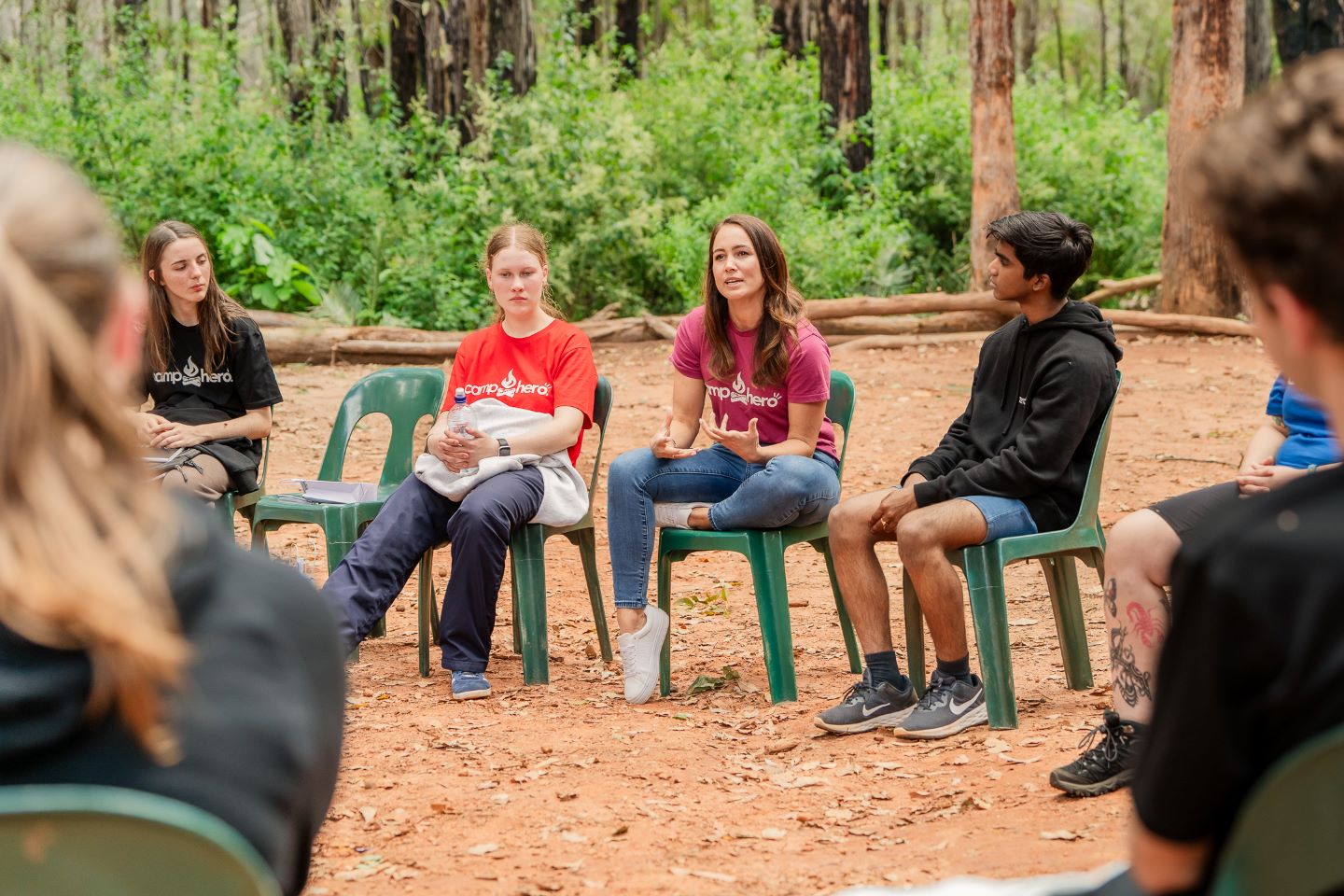Youth suicide prevention charity zero2hero agrees with former Australian of the Year Professor Patrick McGorry’s warning to the Albanese government that a mental health overhaul is overdue.


Youth suicide prevention charity zero2hero agrees with former Australian of the Year Professor Patrick McGorry’s warning to the Albanese government that a mental health overhaul is overdue.
Professor McGorry continues to warn Health Minister Mark Butler about the mental health crisis among young Australians which continues to rise.
In Australia, one young person loses their life to suicide every week, with suicide remaining the leading cause of death for Australians aged 15 to 44.
Professor McGorry, the founder of mental health service provider Headspace, warned that higher rates of depression, anxiety and psychosis represented a public health crisis in Australia and said businesses and employers were increasingly concerned about younger workers, reported by the AFR.
zero2hero founder and CEO Ashlee Harrison agrees that mental health services are inundated in responding to the growing need to provide support to young people in crisis, with many emergency calls to helplines going unanswered and those wanting to access help facing months of waitlists.
“Right now, people are often waiting more than six months to see a psychologist, and every 80 seconds a call is made to a helpline, with just two in every five calls being answered. In Australia, there's a 200 per cent increase in calls to mental health helplines from children as young as five,” Ms Harrison said
Statistics show that one in three psychologists are unable to see new clients, and 60 per cent of young people won’t access help at all. Those who do get to see a psychologist are often waiting up to three months or more.
“I have been perplexed by our government’s response to mental health and suicide since I started the organisation 14 years ago. Our current response is not working, the rates are increasing and it’s about time we tried something new.”
Recent reports highlight that almost 40 per cent of young people aged 16 to 24 experience a mental disorder, which has increased since the COVID pandemic.
“This is and should be a huge concern for everyone. These young people are our future workforce, parents and leaders,” Ms Harrison said.
National recurrent spending on mental health services is estimated to cost $11.6 billion.
Despite an increase in funding for mental health services and treatment, there has been a 50 per cent increase in defined mental disorders among 16- to 24-year-olds in recent years.
“Something has to change and our approach to mental health as a society critically needs an overhaul,” Ms Harrison said.
Announced in June 2023, the government provided $50 million to the Medical Research Future Fund (MRFF) childhood mental health research plan, a response to the mental health decline and rise of self-harm and eating disorders in children.
Further funding in mental health could help reduce busy wait times, expand workforce initiatives, improve mental health service governance and funding models, and improve early intervention and prevention.
A recent UK study put the return on investment from early intervention at $17 for every $1 spent. Professor McGorry believes a more conservative estimate for Australia might be around $7 or $8.
Mental health crisis
Mental health issues can develop from any combination of factors, including life events, genetic dispositions, health or hormonal changes, and the general pressures of life.
“Personally, I see many young people struggling with the pressure and pace of life. Be it school, social – including social media – or work, young people have a lot on their plate these days, as us adults do too,” Ms Harrison explained.
“This, coupled with some unhealthy habits including poor diets, lack of exercise, lack of time in nature and a reliance on technology fuelling a sleep crisis, all contribute to higher rates of depression and anxiety among young Australians.”
zero2hero has directly witnessed the crisis among young people through its school and camp programs which it delivers across the state to engage thousands of “young mental health heroes” and help build resilience among youth.
“Over the many years I have been involved with zero2hero, I have been increasingly concerned with the crippling effect the anxiety, depression, and self-harm is having on our teenagers and that one of the main solutions is to medicate our kids,” she said.
“For example, on our first camp in 2013, we stored student’s medication in a small lockbox. Today, that box is 10 times the size and sometimes still not big enough to hold the medication 40 teenagers require for a five-day camp.
“I have seen medication be part of the solution, but it cannot be the only solution we are offering to our young people.”
More than 114,000 primary school aged children between five to 11 are prescribed antidepressants, and a total of 285,000 young people are prescribed antidepressants, a 100 per cent increase in the past 10 years.
Early intervention
Statistics show three quarters of mental health conditions develop before the age of 25, according to the 2023 National Study of Mental Health and Wellbeing.
Ms Harrison believes prevention and early intevention is a way to tackle the mental health crisis.
"The majority mental health problems emerge before the age of 25 and 50 per cent before the age 15," Ms Harrison said.
“This is why our sole focus at zero2hero is on prevention and early intervention, to try and help young people before the point of crisis."
Find out more about zero2hero and how you can get involved to support future generations of young Western Australians facing a mental health crisis.













